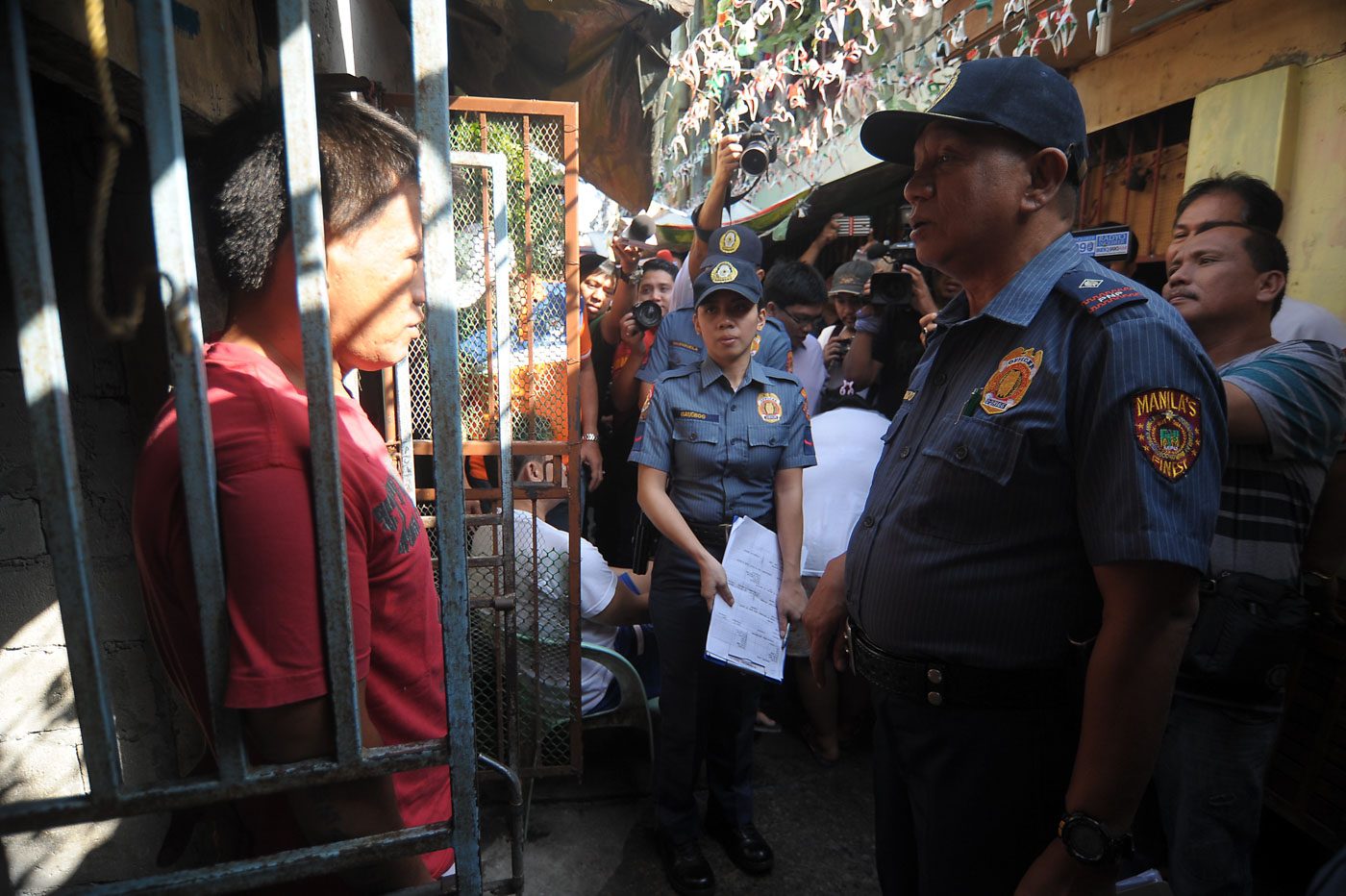SUMMARY
This is AI generated summarization, which may have errors. For context, always refer to the full article.

MANILA, Philippines – The Philippine National Police (PNP) will issue guidelines on its subpoena powers as provided by a new law, but this will only be limited to how to serve the documents.
PNP Criminal Investigation and Detection Group (CIDG) chief Director Roel Obusan – one of two PNP officials given summoning authority under Republic Act 10973 – revealed this in a news briefing in Camp Crame. The other is PNP chief Director General Ronald dela Rosa
The PNP chief earlier said no implementing rules are needed for RA 10973 but Obusan told reporters on Wednesday, “There would be policies which we can also call guidelines” in relation to the law.
The twist: The guidelines will not govern how police officials (PNP chief and the CIDG’s top two) will issue subpoenas, only how cops would deliver the document.
“We shouldn’t give guidelines [on how to issue the subpoena]. We should give guidelines on how our policemen will serve it,” Obusan said.
This is the reason, the CIDG chief said, why he didn’t refer to the guidlines as “implementing rules and regulations.”
Is this enough? The anticipated guidelines would not address the demand of human rights lawyers and lawmakers who want to see clear set of criteria for the PNP to exercise its subpoena power. (READ: No abuse of PNP subpoena powers? How the police will do it)
So far, RA 10973 has only been clear on 4 limits of the PNP’s subpoena powers. A lawyer himself, Obusan said these are enough for them to reach quick and sound judgment:
- Subpoena powers of the above-mentioned officials are non-transferrable
- The subpoena must be issued for an ongoing investigation
- The subpoena must contain the “nature and purpose of the investigation”
- Subpoena duces tecum must contain “a reasonable description” of documents and evidence ordered
How do other agencies do it? Courts, Congress, and the National Bureau of Investigation usually send subpoenas through mailing services or by dispatching its own officers to the address of the document recipients.
What makes the PNP different? Philippine police don’t hold a pristine record when it comes to house visitations.
Oplan Tokhang, the PNP’s most popular and controversial anti-illegal drugs program, ended in bloodstained homes of drug suspects who allegedly fought back.
Survivors of the deadly encounters accused cops of using the initiative to summarily execute drug suspects. (READ: The Impunity Series)
The last time cops had such summoning power, was during the Marcos regime, when thousands of political activists were rounded up and tortured by the PNP’s precursor, the Philippine Constabulary-Integrated National Police. – Rappler.com
Add a comment
How does this make you feel?
There are no comments yet. Add your comment to start the conversation.